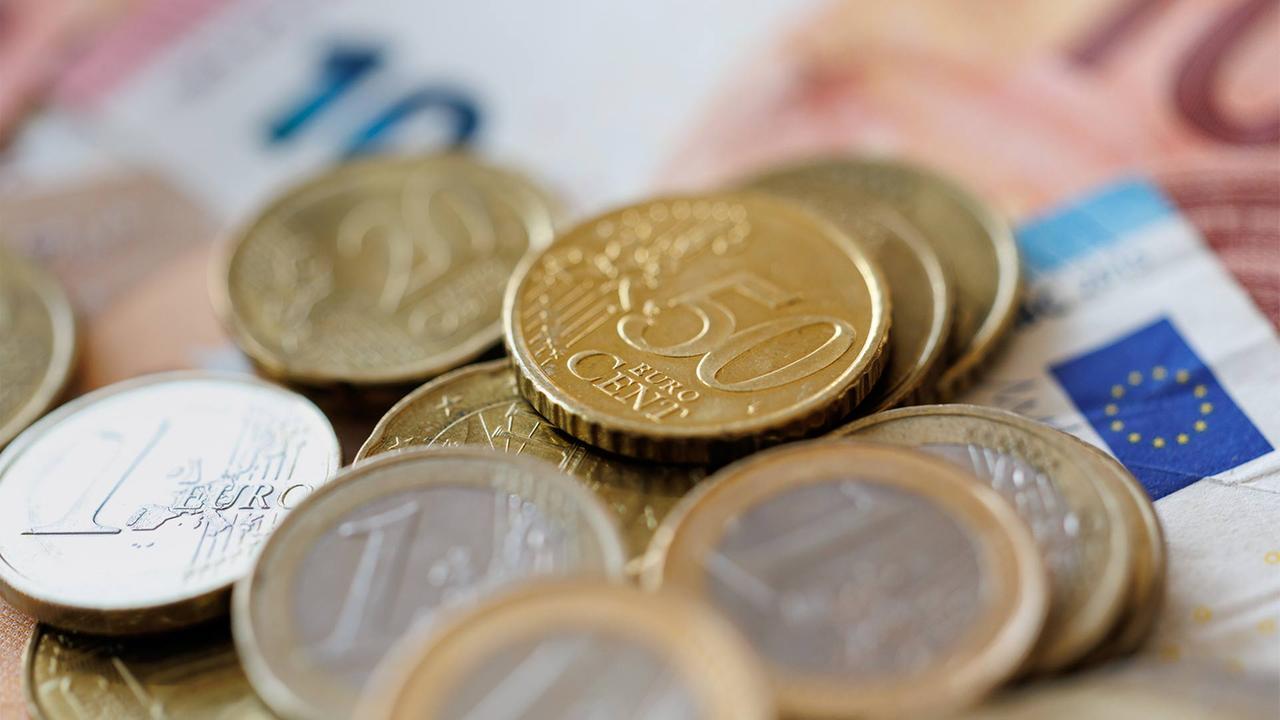In many countries in Europe, the benefits of cash move back into public awareness. Despite the progressive digitization – or precisely because of that?
The monthly report of the Deutsche Bundesbank in April 2025 not only lists the advantages and disadvantages of cash payments, but also refers to the results of its own representative survey from 2023.
There, “39 percent of the respondents for the abolition of fees to ATMs, 37 percent for an obligation to accept cash at the cash register and 35 percent for adequate provision of ATMs”. So wishes of minorities. Consequently, a conclusion of the publication is: “Measures for the active support of cash are currently not required”.
Scandinavia: shrill alarm bells
A majority of Europeans welcomes simple and fast card or smartphone payments. In Norway and Sweden, the majority gradually forget what banknotes and coins look like, because they have largely disappeared from everyday life. This is exactly the reason why all alarm bells are shrilling in Scandinavia and speaking in many regions of Europe's watchful minorities.
After entering NATO, Sweden is preparing for crisis situations, calculating power outages or attacks on digital infrastructure. In the worst case, millions of people without electricity, without heating, without communication – and without digital payment options. As a exchange value, cash would then be vital.
Sweden: Initiative of “Above” and from “Below”
For this reason, the Swedish government used a special representative to maintain cash in 2024. It is Dennis Dioukarev, MP of the “Sweden Democrats” party and a member of the Reichstag parliamentary Finance Committee. When asked by the MDR He explains: “We will suggest that larger grocery stores and licensed pharmacies are imposed on accepting cash as a means of payment.”
The former head of the Swedish police, Björn Eriksson, goes a little further. It leads a movement that calls itself “the bargel blades”. Her goal is to not only be able to pay food and medication with cash again, but – because of the long cold winter months – also fuel and clothing: “At first we were smiled at, we thought we were old -fashioned,” he recalls in the interview with Plus minus: “Today awareness grows that we need cash. People who indicate this should be heard in a democracy.”
Netherlands: warning votes from the government
Similar to Sweden, warning voices have been heard from other countries for several years, partly from circles of the governments and parliaments. The Dutch Defense Minister, Ruben Brekelmans, had already called on his compatriots in 2024 to hold as much cash as a household normally needed in three to four days.
“If payment transactions are quiet for a while that state organizations cannot transfer services such as pension or social assistance, then many people suddenly have a problem.” De Nederlandsche Bank (DNB) quotes the former Dutch finance minister (until 2024), Sigrid Kaag, who wish: “… that the banks continue to provide good basic equipment of cash”.
Slovakia: Right to cash in the constitution
In Slovakia it was not the case with expressions of opinion. As early as 2023, the right to pay with banknotes and coins was anchored in the constitution. This is written by the EURACTICTIC.SK page and quotes a author of the change in law, Miloš Svrček: “It is very important that it is very important […] In the future we can defend ourselves against any outside arrangements that state that there may only be the digital euros and no other payment options. “
Such concerns about a digital euro may sound exaggerated, especially since the European Central Bank (ECB) repeatedly assures that a future digital euro will only exist as a supplement to the physical euro.
Germany: decline in cash payments
But it can already be observed today how cash payments are gradually displaced and digital payment options are instead enforced: in public transport, in authorities, in retail. The Deutsche Bundesbank has documented to what extent cash payments have decreased in recent years. This has been particularly clear since 2017. The last time, i.e. at the time of the 2023 survey, 51 percent of all number processes were paid in Germany. The situation is exacerbated because ATMs are broken down and bank branches are closed.
The European Central Bank counts every year how many ATMs there are. According to this, around twelve percent of the ATMs have been reduced in Germany since 2016 until the 1st half of 2024: “The cash payment rate will reduce so that the infrastructure cannot be maintained,” says Hansjörg Stützle, initiator of a petition entitled “Protect bargain in Europe!”, Which currently has around 150,000 signatories.
Not only here in Germany, but everywhere in Europe have grown civil movements that are committed to the preservation of cash: in Norway, Denmark, Poland, in France (website in Spanish/English), in Austria and outside the euro zone.
Switzerland: Referendum for cash
In the country of the Confederates, a popular initiative has been heard that calls itself “cash is freedom”. In this way, it focuses on, which seems important to many civil movements: cash payments do not leave any data and thus prevent possible surveillance by private companies or state institutions. It calls for the Swiss franc to set the currency in the constitution and instead of expressly speak of “banknotes and coins” instead of “cash”, which are mandatory.
“If we continue to keep banknotes and coins in Switzerland,” explains Richard Koller, founder of the popular initiative in an interview with Plusminus, “Then it will also mean in Europe and in other countries that the cash cannot simply be stamped, otherwise there will be a fear of money to fly to Switzerland.” The National Council, the first chamber of the Swiss Parliament, approved a constitutional change in March 2025, but without following the catalog of demands of the popular initiative.
Instead, a text design by the Swiss Federal Council was favored, which does not contain essential demands of the popular initiative. The complementary text in the constitution is expected to be: “In Switzerland, the supply of cash must be guaranteed, and the state currency is the Swiss franc.” The Council of States, i.e. the second chamber of the parliament, and ultimately the Swiss people will vote on both text designs in the coming months.




